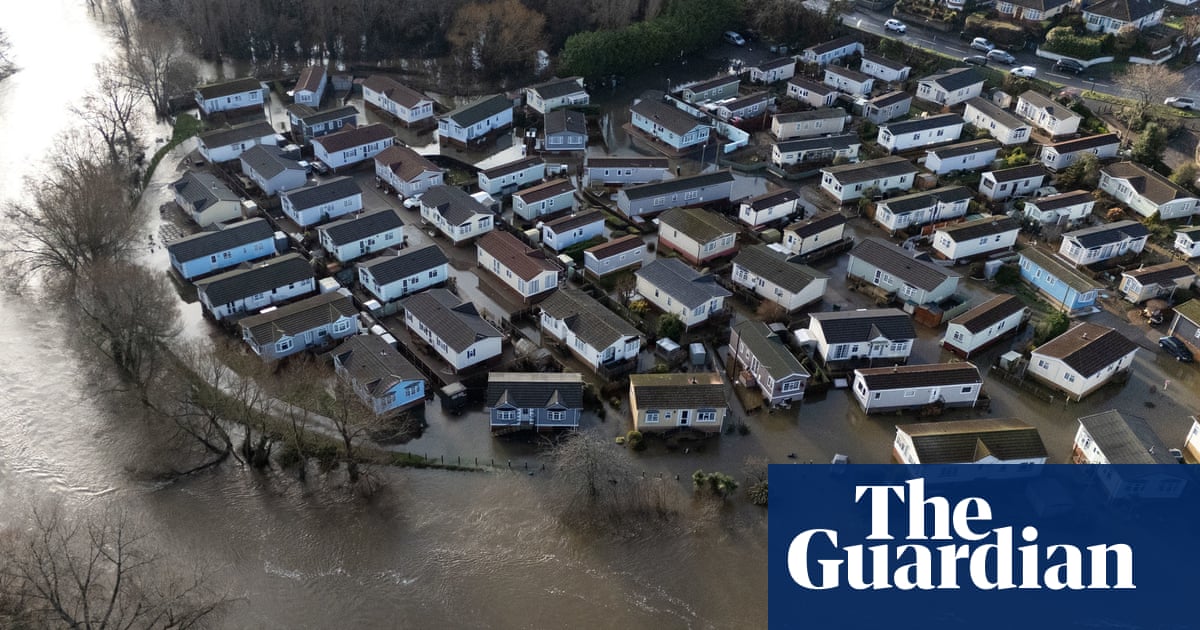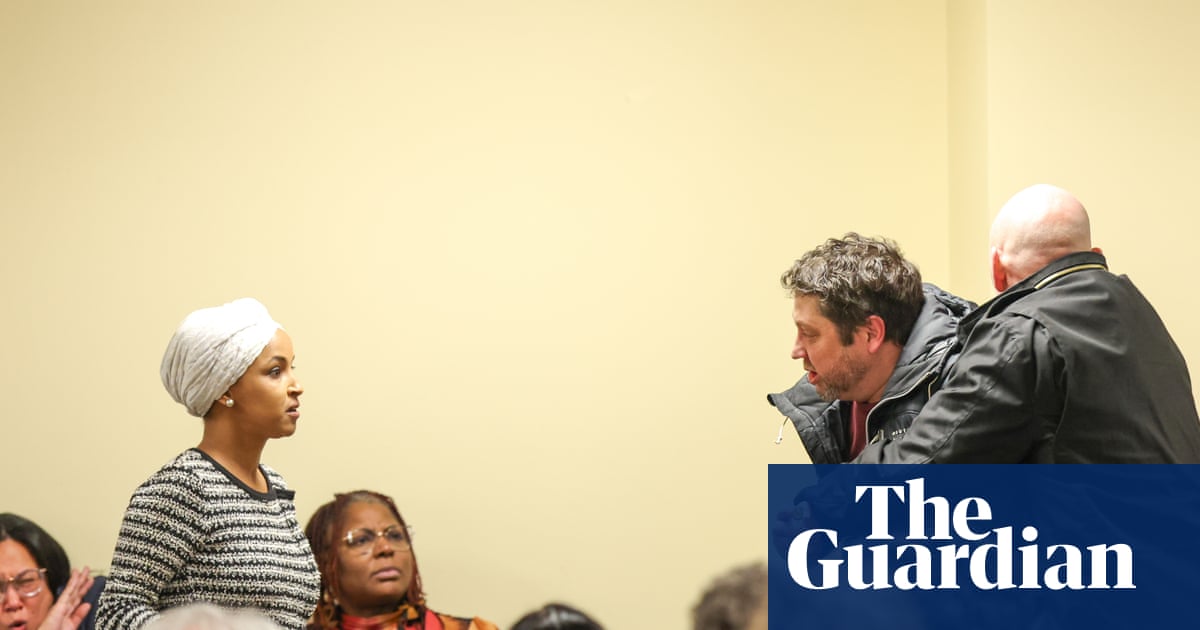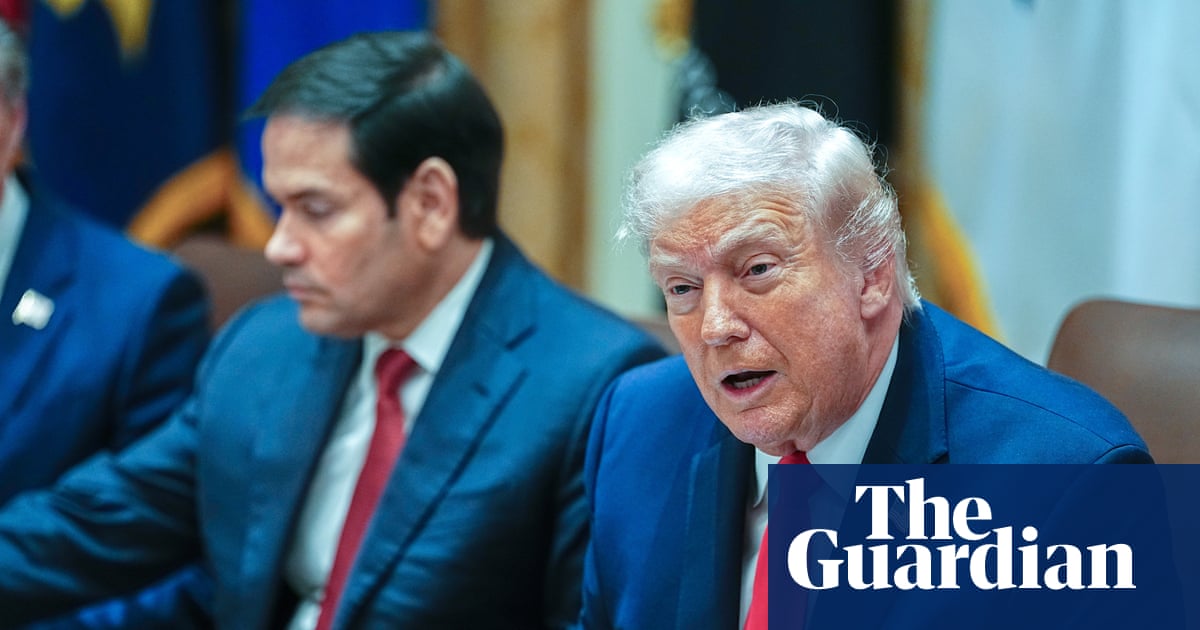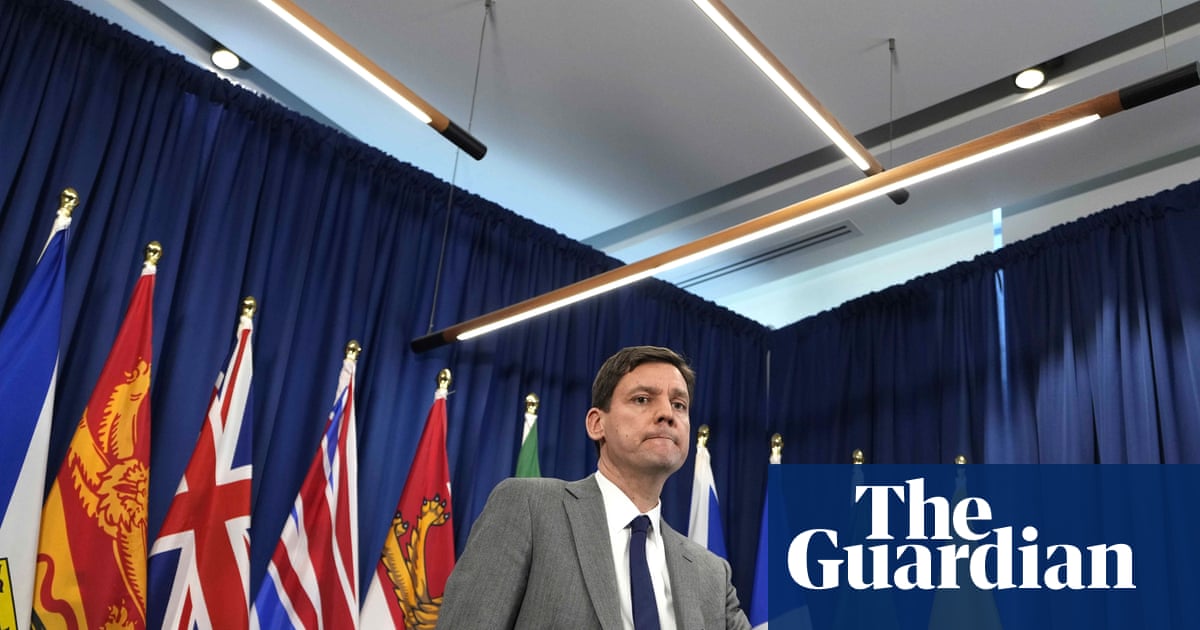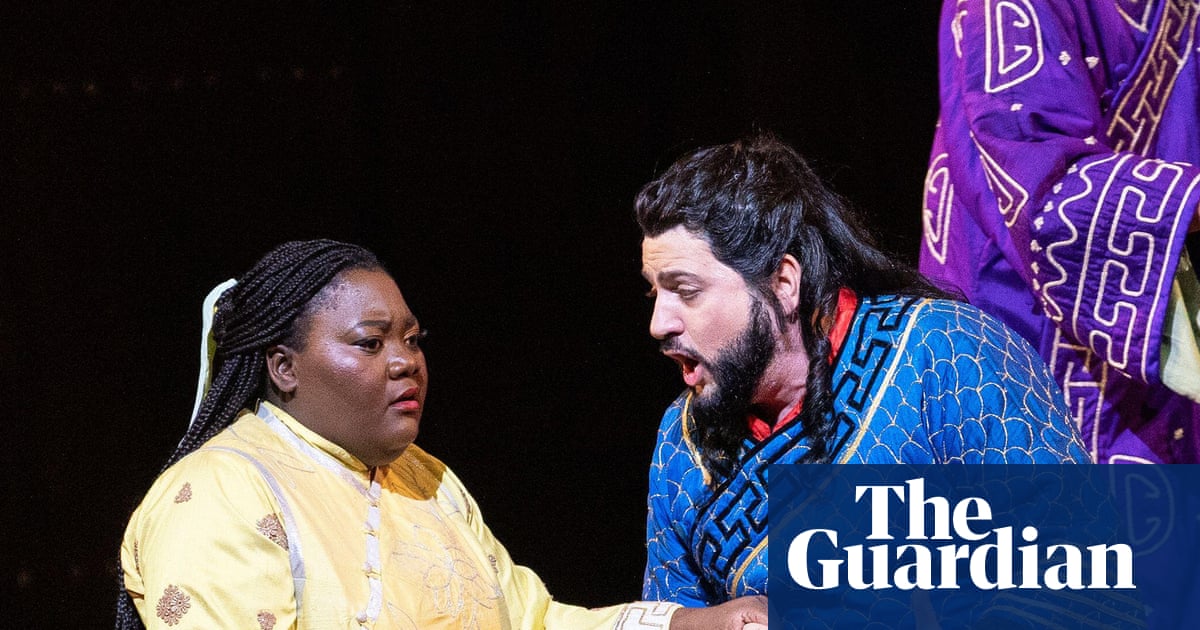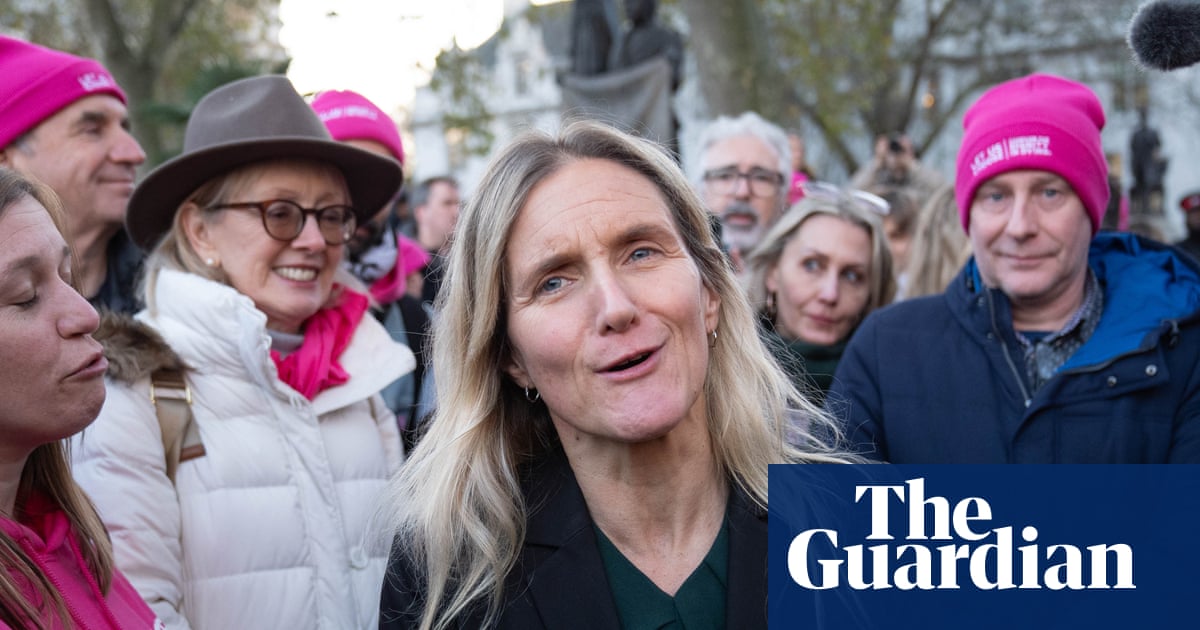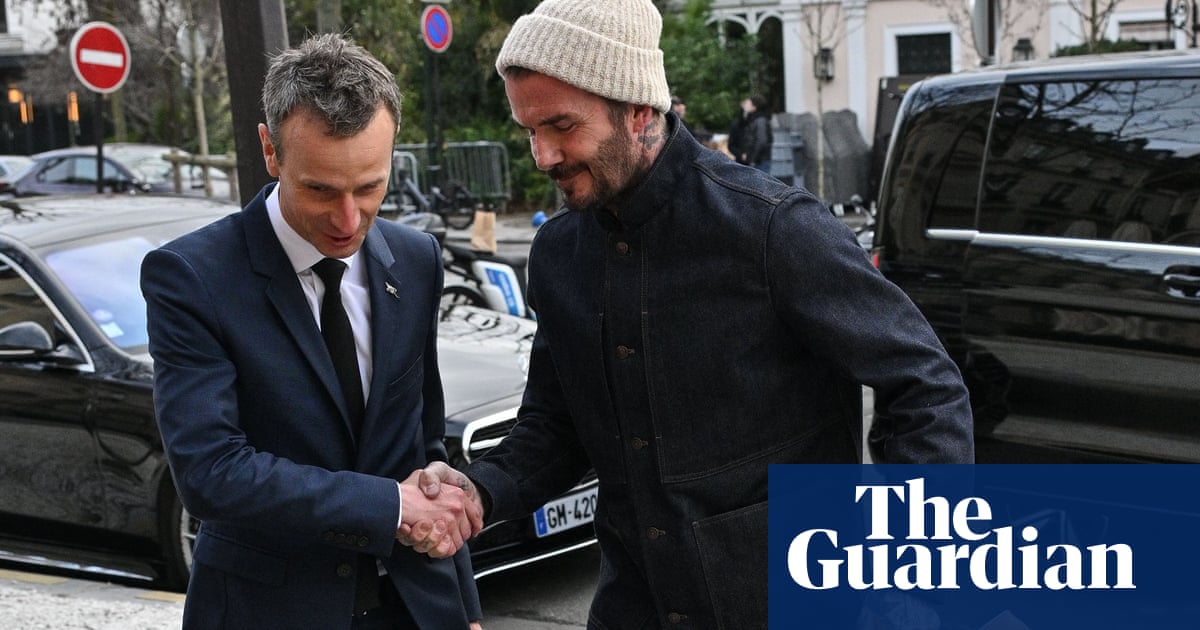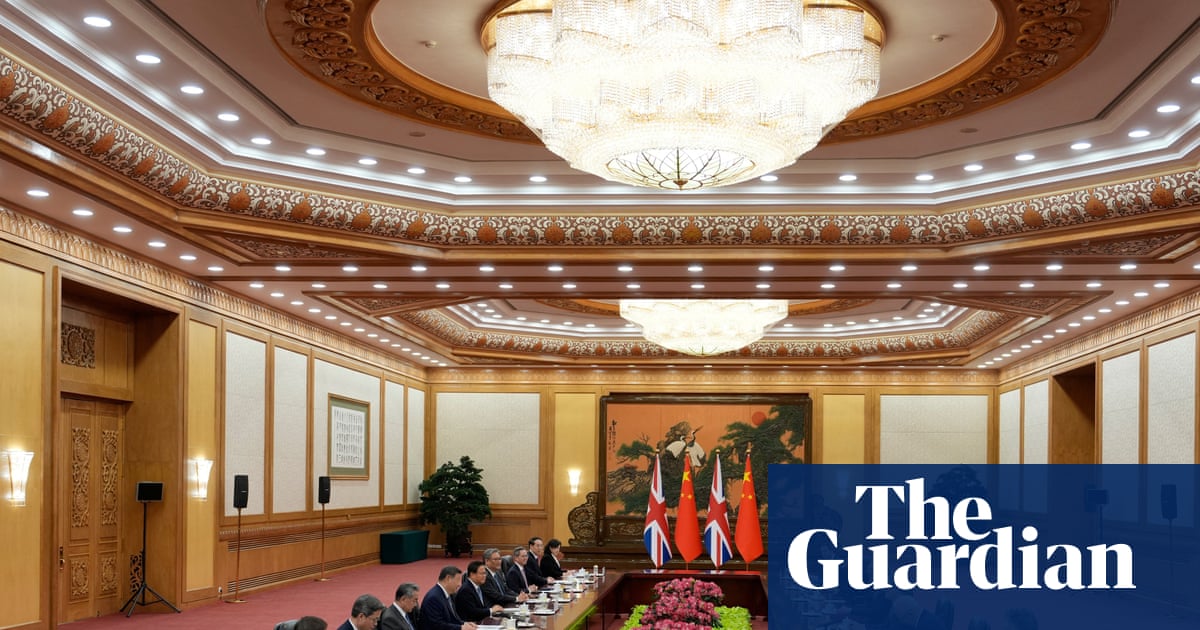Nearly one in 10 women serving in the British military have been subjected to an assault or other non-consensual sexual activity in the past year, according to the first official survey of sexual harassment across the armed forces.
A third said they had been groped or touched in a way that made them feel uncomfortable, according to the Ministry of Defence, and two-thirds reported at least one form of sexual harassment or sexualised behaviour – proportions significantly higher than among their male counterparts across the army, navy and air force.
Louise Sandher-Jones, the minister for people at the Ministry of Defence, said the results were “wholly unacceptable” and would act as a “baseline to fully confront and address the root causes of this issue”.
Specialist teams will now be deployed at the army training garrison in Catterick, North Yorkshire, and at the Plymouth naval base to tackle unacceptable sexual behaviours. Similar intervention schemes are planned for other military locations, including the Akrotiri base in Cyprus, from next year.
Britain’s military has been hit by a string of rape, assault and sexual harassment scandals in recent years, including in the Royal Navy’s submarine service, the RAF’s Red Arrows display team and in multiple units of the British army.
A former army sergeant major was sentenced to six months in jail in October for sexually assaulting Jaysley Beck, a 19-year-old soldier, in July 2021. Beck killed herself after senior officers failed to properly investigate the attack.
Across the regular forces, 67% of women serving reported experiencing at least one form of sexual harassment or sexualised behaviour in the past 12 months. That compared with 34% of men, with gaps in all 19 sub-categories surveyed.
In all, 8% of female personnel said they had been “subjected to sexual activity which [they] did not consent to” in the past year, compared with 1% of men. That could include rape or serious sexual assault, but the MoD said the intention of the question was to capture the experience or perception rather than record criminality.
A total of 32% of women were “touched in a way that made [them] feel uncomfortable”, compared with 5% of their male counterparts. Among female personnel, 21% said they had been sent unprompted sexual messages, compared with 6% of men, while 42% reported they had been “stared or leered at”, against 9% of men.
Emma Norton, the director of the Centre for Military Justice, said the research “sadly reflects what all our female clients would say, which is that they are experiencing wholly disproportionate levels of sexual harassment”.
The lawyer also highlighted that “despite experiencing all these behaviours, hardly any women actually reported or formally complained about their situation”, citing some of the survey evidence that accompanied the MoD report.
A minority of female personnel who said they had been affected made some sort of complaint: 12% said they had done so formally, while 20% had used an informal route. Ten per cent said they had gone to the police.
In 18% of cases the perpetrators of sexual harassment against women were “senior officers”, the survey found, compared with 13% of those who harassed men. Around half of perpetrators – 52% for women and 50% for men – came from the junior ranks, the research concluded.
There are 16,300 women serving across the armed forces, 11.9% of the total force. The Ministry of Defence has said it has an ambition to increase the level of female new recruits to 30% by the end of the decade to help stamp out sexual harassment and illegal behaviour, but few experts believe that is achievable.
A report for the British army by Prof Anthony King, of Essex University, completed in July 2022 and released by the Ministry of Defence three years later after a freedom of information request, concluded that the central problem was “because 90% of the army consists of men, it is coded male”.
He concluded that it was “very unlikely” the army could increase the level of new recruits to 30% to change its culture and that instead the force needed a programme of reform to change from “a masculine institution into a hyper-professional force”.
Air Chief Marshal Rich Knighton, the head of the armed forces, said it was necessary to “actively root out unacceptable behaviours” in order for the British military to retain its reputation globally. “Training, education and upholding the standards we set will all play a key role in driving the change we need,” he said.

 2 months ago
40
2 months ago
40
